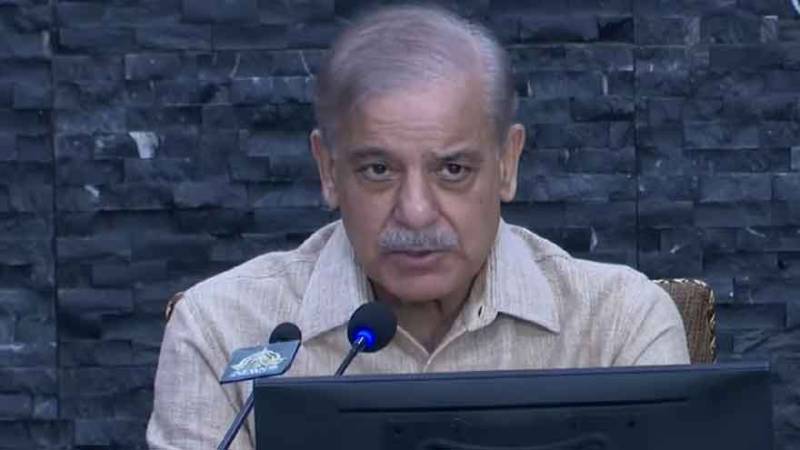Prime Minister Shehbaz Sharif launched a Rs4 billion flood relief fund during his visit to Gilgit-Baltistan on Monday. His trip aimed to show solidarity with victims of the recent devastating rains and floods that have caused heavy losses in the region.
Support for Displaced Families
At a relief distribution ceremony, Shehbaz personally handed over compensation checks to the affected families. He expressed sorrow over the lives lost and the widespread damage to homes, roads, and infrastructure. The prime minister vowed to continue visiting the region until every displaced family is properly resettled.
“I will return by the end of this month to assess the progress,” he promised, underscoring the government’s commitment to long-term recovery.
Destruction from Heavy Rainfall
Heavy cloudbursts and flash floods have battered Gilgit-Baltistan over the past few weeks. Torrential rains damaged bridges, houses, and roads, disrupting life across the mountainous area. Many families lost their homes, while landslides cut off access to remote villages.
Read: PTI Denies Funding NYT Ad for Imran Khan’s Release
Shehbaz Sharif described the destruction as “tragic and widespread,” and stressed that rebuilding must begin immediately. “Lives and livelihoods have been shattered,” he said. “We must act urgently and together.”
Rs4 Billion Fund Announced
In response to the crisis, Shehbaz announced a special Rs4 billion flood relief fund to rebuild essential infrastructure. He instructed the federal Minister for Communications to begin road and bridge repairs without delay. “There is no room for red tape,” he added. “The work must start now.”
The fund will focus on restoring roads, bridges, and public facilities damaged by the floods. Emergency shelters and medical camps will also receive a share to continue offering basic services.
Call for Better Disaster Preparedness
While addressing government officials, the prime minister called for coordinated action between federal and regional agencies. He urged local authorities to work closely with the National Disaster Management Authority (NDMA) to prepare for future emergencies.
“We need an advance warning system in place,” Shehbaz said. “Early alerts can save lives, reduce panic, and help us evacuate people in time.”
He asked for swift planning and funding for a modern disaster preparedness framework in Gilgit-Baltistan, highlighting the region’s vulnerability to climate-related events.
Solar Power Project on the Horizon
During the visit, Shehbaz also shared plans for a 100-megawatt solar power project in the region. He said the project would receive final approval from the Executive Committee of the National Economic Council (ECNEC) soon and would be completed within the current fiscal year.
“This project will help meet local energy needs and reduce dependence on imported fuels,” the prime minister stated. “We will not waste any time.”
The solar project is part of the government’s broader strategy to promote renewable energy and address power shortages in remote regions.
Focus on Education
In a major step toward expanding education in Gilgit-Baltistan, Shehbaz announced that Danish Schools will soon be established in Gilgit and Skardu. These schools, known for offering free quality education to underprivileged students, aim to uplift youth in the region.
“I will lay the foundation stones of these schools during my next visit,” he said. “Our children deserve equal access to learning and opportunity, no matter where they live.”
The move was welcomed by local leaders and residents, who praised the initiative as a way to bridge the education gap between the region and the rest of the country.
Joint Responsibility
Before concluding his visit, the prime minister emphasized that the recovery and development of Gilgit-Baltistan must be a joint responsibility. He encouraged both provincial and federal departments to stay in close coordination.
“Our unity and speed will determine how quickly we recover,” he said. “This is not just a local issue; it’s a national priority.”
Shehbaz’s visit ended with a renewed pledge to stand with the people of Gilgit-Baltistan through every stage of the rebuilding process—from immediate relief to long-term progress.
Follow us on Instagram, YouTube, Facebook,, X and TikTok for latest updates
